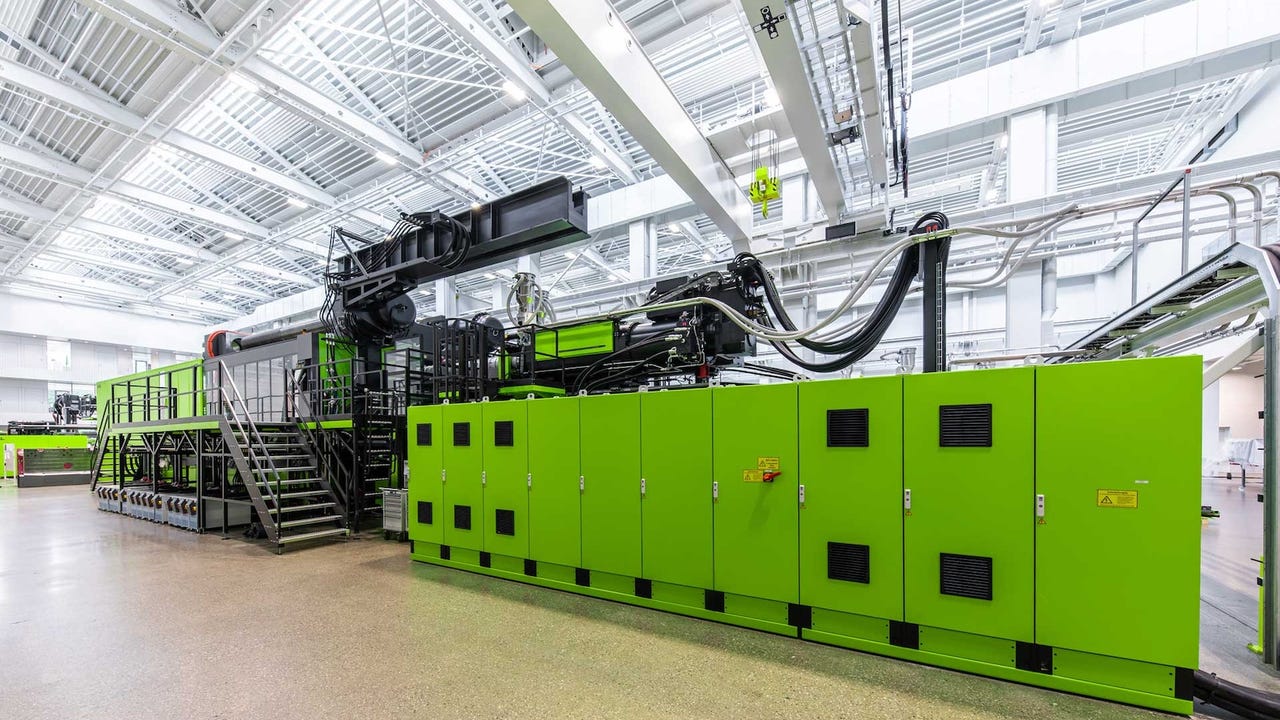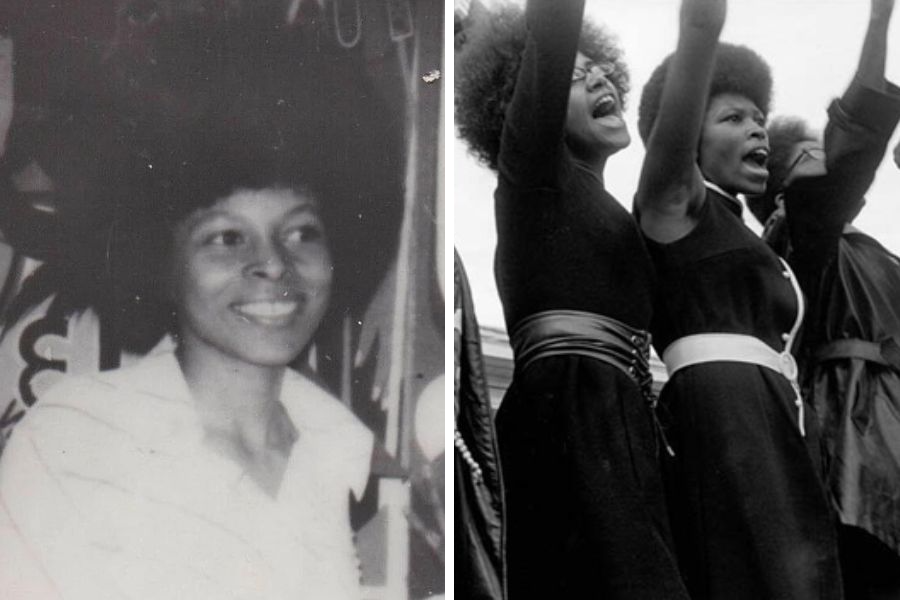Corporate Social Responsibility (CSR) has evolved beyond generic philanthropy or compliance-based initiatives. As global expectations shift, companies are increasingly compelled to embed sustainability and ethical considerations into their strategies. In this dynamic context, innovation emerges as a cornerstone, shaping effective and impactful CSR policies. Both the nature and outcomes of innovation-driven CSR are distinctly measurable, reaching far beyond internal improvements to influence broader societal and environmental landscapes.
Defining Innovation Within CSR Policies
Innovation within CSR involves employing fresh concepts, methods, technologies, or structural frameworks to produce social, ecological, and financial benefits. In contrast to conventional CSR, which might depend on existing philanthropic approaches, inventive CSR aims for revolutionary answers that address the fundamental causes of societal problems. This perspective motivates businesses to actively embrace ingenuity in confronting concerns like climate change, disparity, and resource limitations.
Key Roles of Innovation in CSR Policies
Large-Scale Problem Resolution Through innovation, organizations can broaden the scope and impact of their CSR initiatives. For instance, international beverage corporations have utilized sophisticated water purification and recycling methods to tackle water shortages in their operational communities, thereby not only reducing adverse effects but also fostering local water sustainability.
Embedding Sustainability into Core Business Companies like Unilever and Tesla have redefined their industries by placing sustainability at the heart of product development and operational decisions. Unilever’s “Sustainable Living” brands, which prioritize resource efficiency and social impact, have consistently outperformed others in growth, demonstrating direct links between innovative CSR and financial results.
Accelerating Stakeholder Engagement Innovative CSR policies foster deeper engagement with stakeholders—customers, employees, suppliers, governments, and NGOs. Interactive digital platforms, such as Microsoft’s AI for Earth, encourage communities and innovators worldwide to co-create solutions, leveraging crowdsourcing for environmental and societal benefit.
Enhancement of Reputation and Brand Equity Firms that blend innovation with CSR often enjoy enhanced reputations and stronger brand loyalty. Patagonia’s use of recycled materials and transparent supply chains differentiates the brand as a leader in environmental activism, translating to increased customer retention and advocacy.
Strategic Integration: Case Studies of Innovation in Practice
Tesla: Revolutionizing Sustainable Transport Tesla’s corporate social responsibility strategy showcases how innovation is embedded—its electric cars and energy storage systems are not just supplementary features but fundamental to its operational framework. By facilitating the shift away from fossil fuels via readily available clean technologies, Tesla’s groundbreaking offerings serve as both products and CSR endeavors, fostering transformation across the entire sector.
Interface: The Climate Take Back Mission Carpet producer Interface launched an ambitious plan to create carbon-negative manufacturing methods. By consistently innovating in material science and circular economy principles, Interface converted its sustainability objectives into measurable achievements, establishing a fresh industry benchmark for environmental responsibility.
Natura &Co: Social Inclusion Through Product Innovation The Brazilian cosmetics giant integrates social innovation by sourcing raw materials from Amazonian communities using ethical trade practices. Its product lines highlight biodiversity conservation, promoting local economic development and environmental education.
Technological Progress as a Driving Force
Cutting-edge technologies serve as enablers of innovative CSR. Artificial intelligence, blockchain, and Internet of Things (IoT) tools help organizations measure social impact in real-time, ensure supply chain transparency, and enhance resource allocation for social projects. For example, blockchain has been deployed by De Beers to verify ethically-sourced diamonds, addressing concerns over conflict minerals.
Obstacles and Prospects in Overseeing Innovation for {{CSR}}
Embracing innovation within CSR frameworks presents its own set of challenges. Substantial financial outlay, managing organizational transformation, and a willingness to assume risks are essential preconditions. Opposition might stem from established procedures or an emphasis on immediate financial gains. Nevertheless, growing regulatory demands and closer consumer examination offer distinct prospects. Businesses that lead the way in sustainable technologies—like eco-friendly packaging, novel protein sources, or green energy solutions—are poised to secure early advantages in developing markets.
Building a Culture of Innovation-Driven Responsibility
To sustain innovation in CSR, companies must foster an internal culture that values experimentation, long-term thinking, and cross-functional collaboration. Leadership endorsement, continual learning, and partnership with diverse stakeholders are critical to embedding this culture at all organizational levels.
Innovation redefines what is possible within the realm of Corporate Social Responsibility. Rather than treating CSR as a supplementary function, forward-thinking organizations embed creative problem-solving into their operational and strategic DNA. Through technology adoption, stakeholder partnerships, and bold experimentation, businesses can address urgent societal needs, boost competitive advantage, and shape a more sustainable global economy. As expectations from civil society, investors, and regulators continue to intensify, the synergy between innovation and CSR is emerging not merely as a differentiator, but as a fundamental driver of long-term organizational vitality and global progress.




